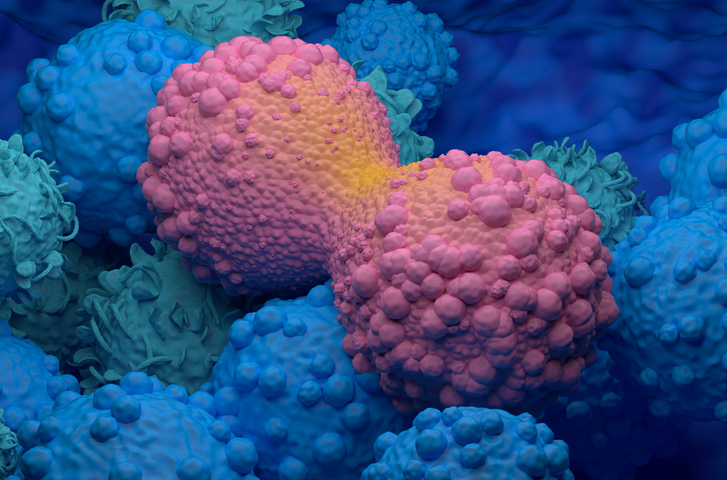
The US Food and Drug Administration (FDA) has granted Fast Track designation to the antibody drug conjugate XMT-1660, which has been given an international nonproprietary name of emiltatug ledadotin.
The designation is for the treatment of advanced or metastatic breast cancer in patients with HER2-low or HER2-negative disease, including those with triple negative breast cancer (TNBC). This designation is the second for emiltatug ledadotin, which was also granted Fast Track designation for adult patients with advanced or metastatic recurrent TNBC.
There are currently three antibody drug conjugates approved for breast cancer: trastuzumab emtansine, trastuzumab deruxtecan, and sacituzumab govitecan.
Phase-1 Findings
The drug manufacturer, Mersana Therapeutics, announced positive clinical data from a phase-1 trial of emiltatug ledadotin, which targets B7-H4, an inhibitory immune checkpoint. The dose-escalation portion of the trial included 130 patients with advanced or metastatic TNBC, hormone-receptor positive/HER2-negative breast cancer, ovarian cancer, endometrial cancer, or adenoid cystic carcinoma type 1.
The drug appeared to be “generally well tolerated.” No grade 4 or grade 5 treatment-related adverse events (TRAEs) were reported.
The most common TRAEs of any grade were transient aspartate aminotransferase (AST) increase (38%), generally asymptomatic and reversible proteinuria (31%), generally low-grade nausea (29%), and low-grade fatigue (28%). The most common grade 3 or worse TRAEs included AST increase (14%) and proteinuria (9%).
Of the patients with known B7-H4 tumor expression, about 44% had a tumor proportion score of 70% or higher, which is characterized as B7-H4 high.
The objective response rate was 23% among patients who received the intermediate dose (38.1 mg/m2 to 67.4 mg/m2) for all B7-H4 high tumors and 23% among B7-H4 high TNBC. Based on these results, the expansion cohort will receive 67.4 mg/m2.
As a comparison, in a phase-3 trial of sacituzumab govitecan, a topo-1 antibody-drug conjugate, the objective response rate with standard-of-care single-agent chemotherapy in relapsed/refractory TNBC was approximately 5%; however, the objective response rate of sacituzumab govitecan was 31%.
“We believe the initial safety, tolerability, and efficacy data for Emi-Le demonstrate a profile that is exciting and differentiated within both the B7-H4 field and the broader ADC landscape,” Martin Huber, MD, President and Chief Executive Officer of Mersana Therapeutics, said in a press release.

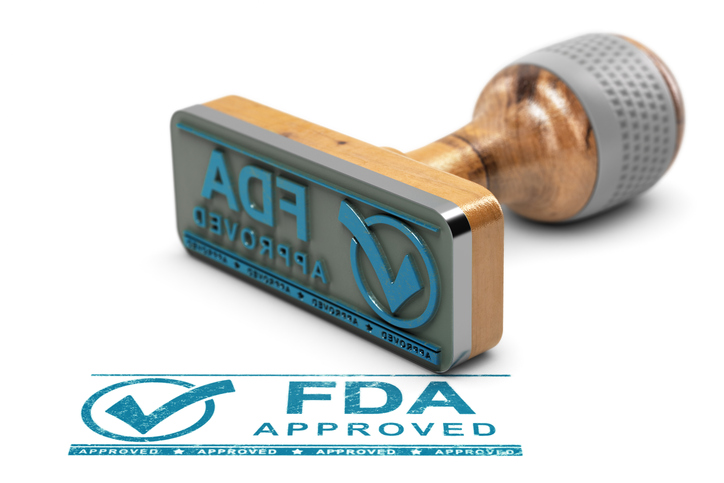
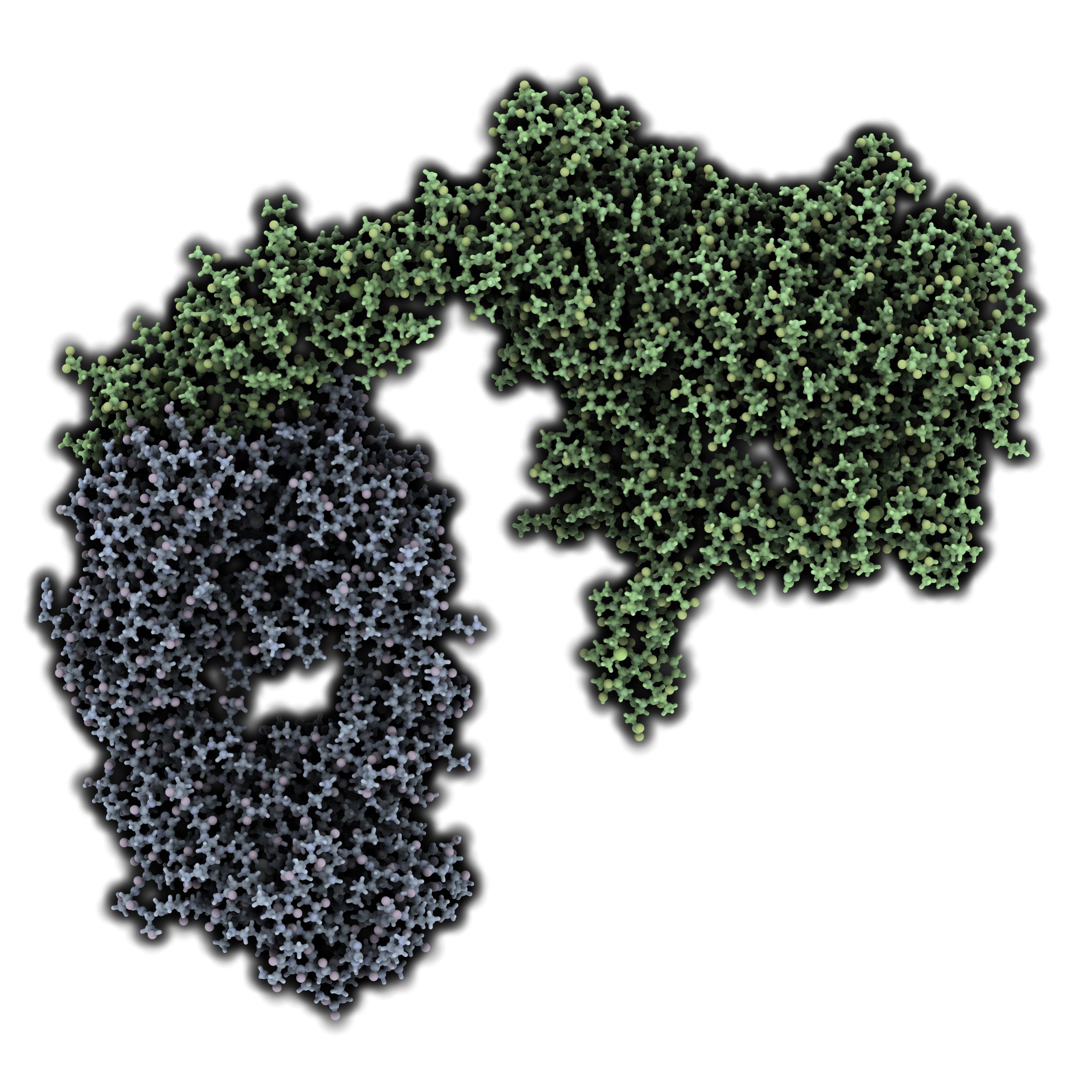

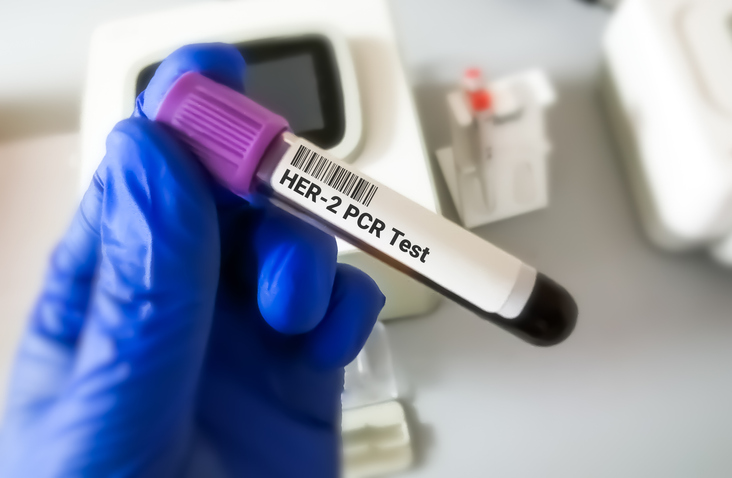
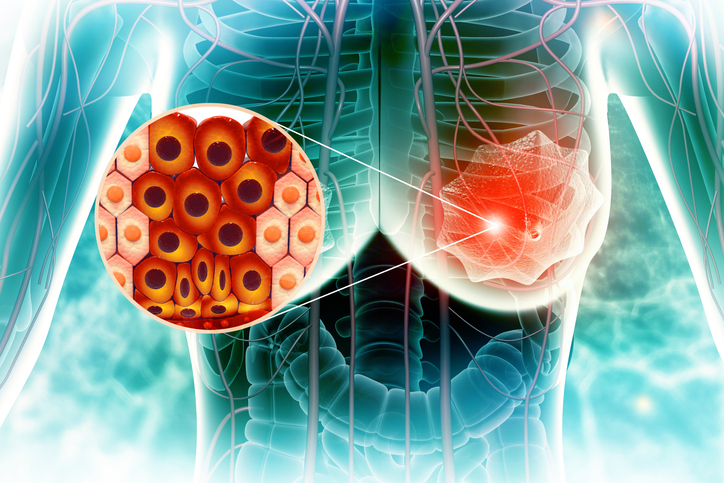

 © 2025 Mashup Media, LLC, a Formedics Property. All Rights Reserved.
© 2025 Mashup Media, LLC, a Formedics Property. All Rights Reserved.